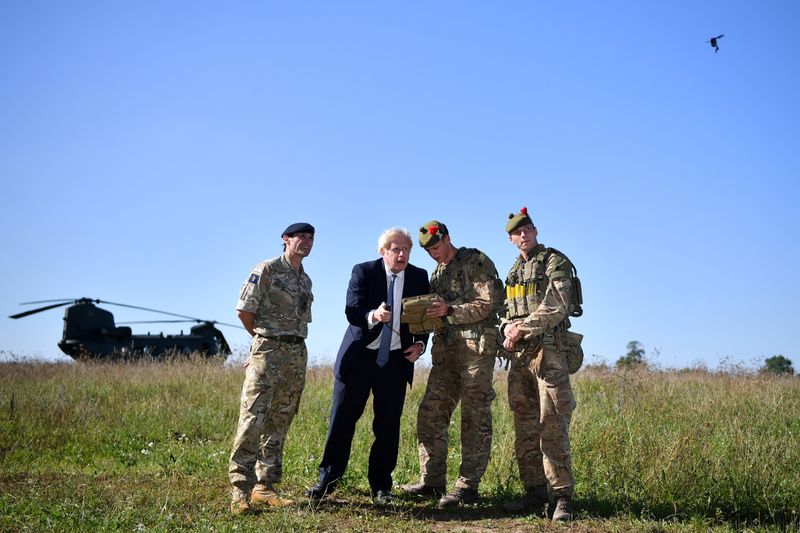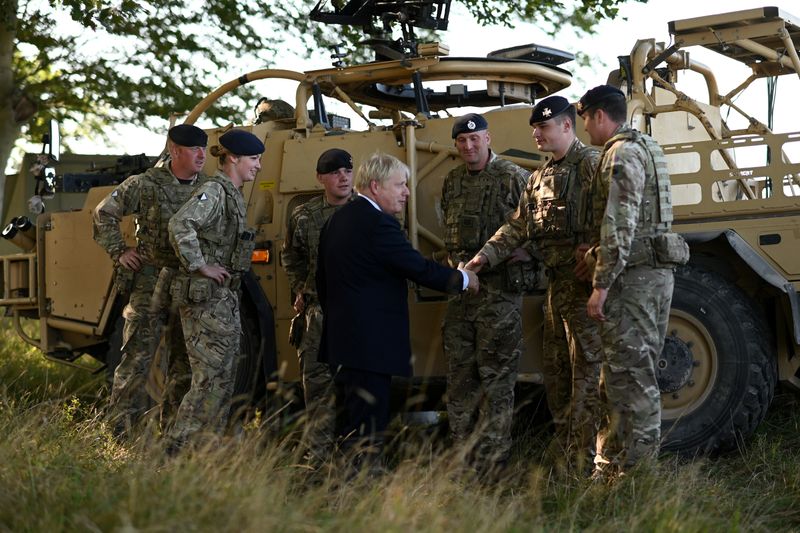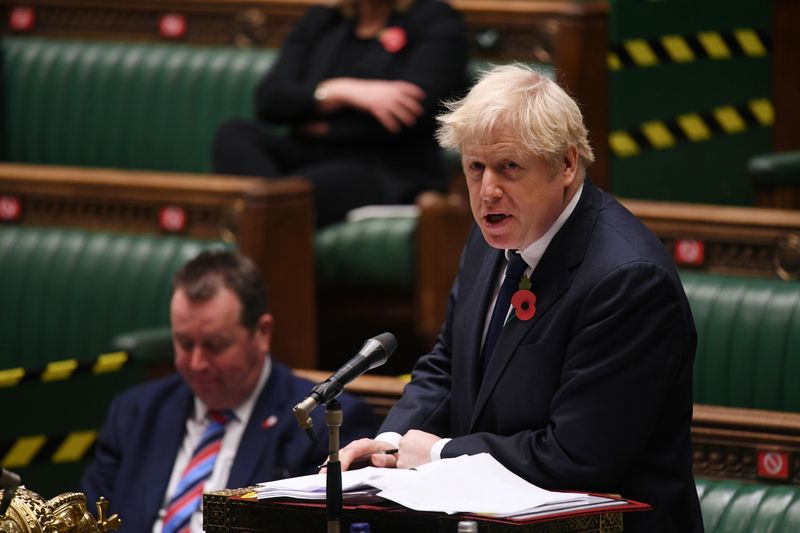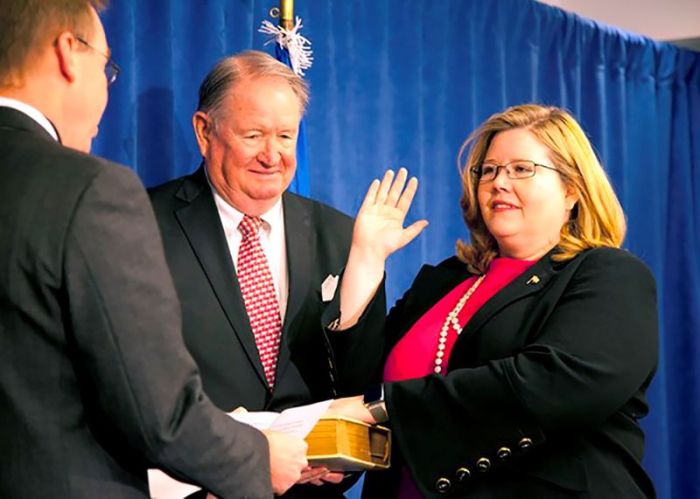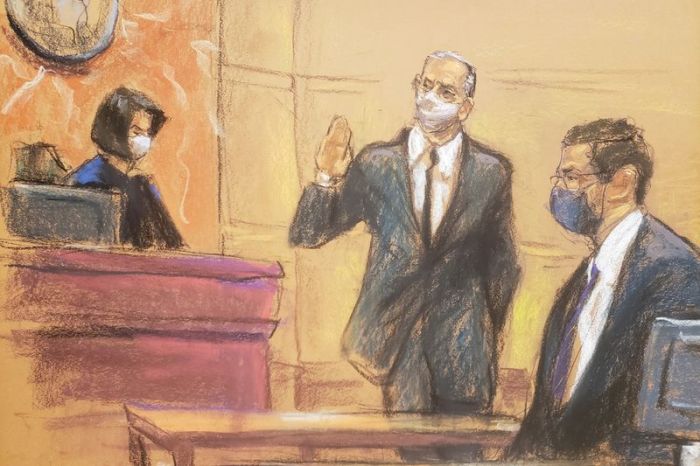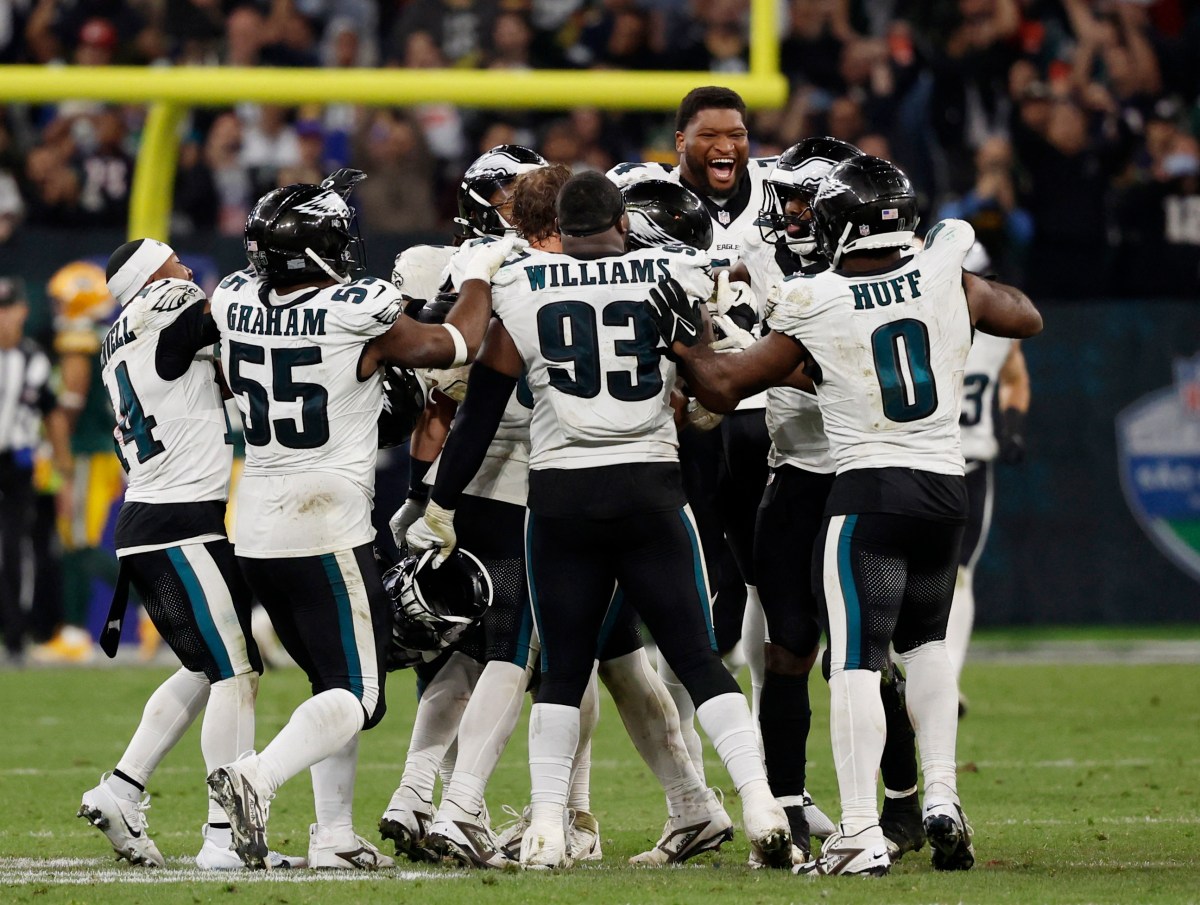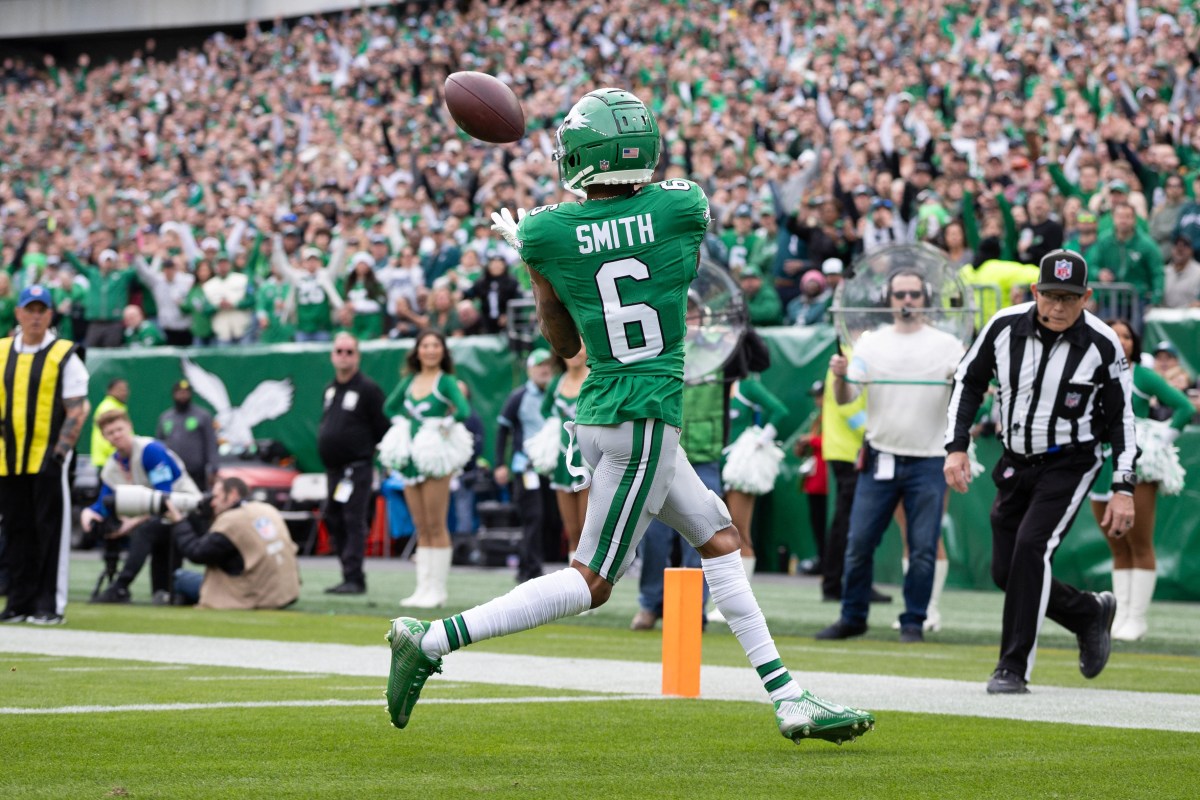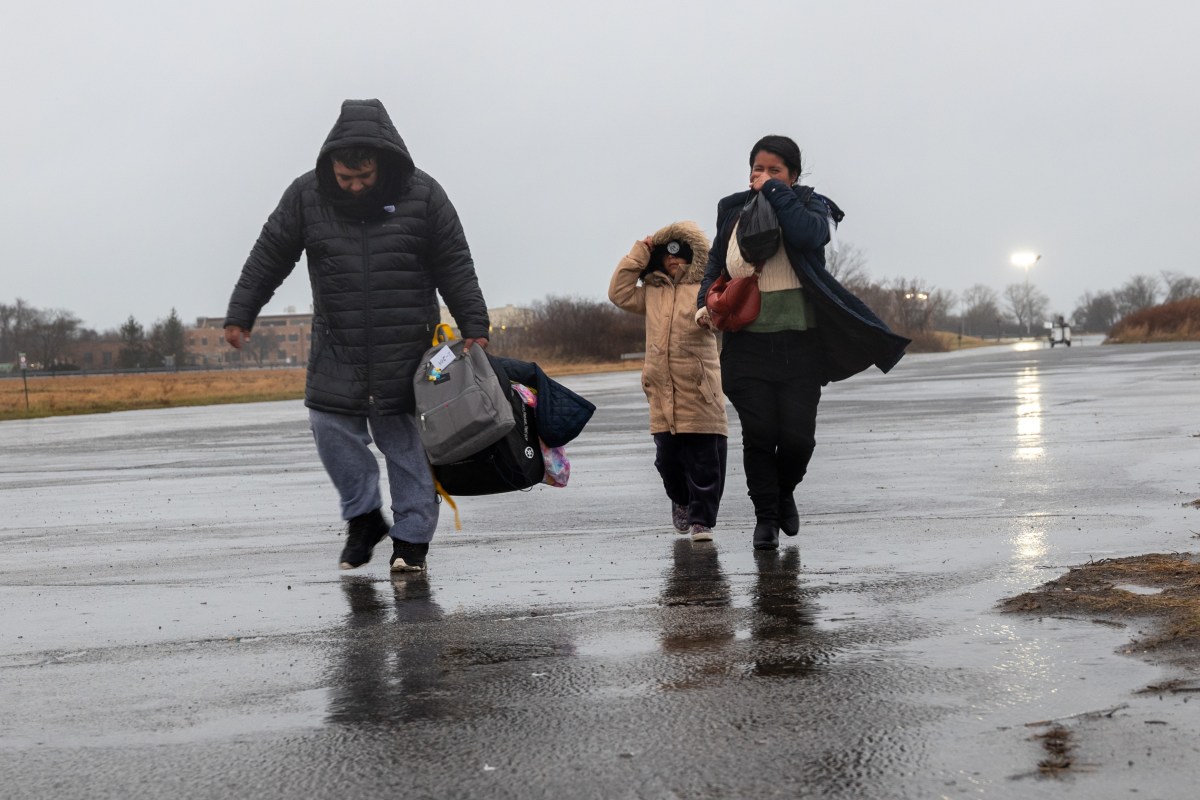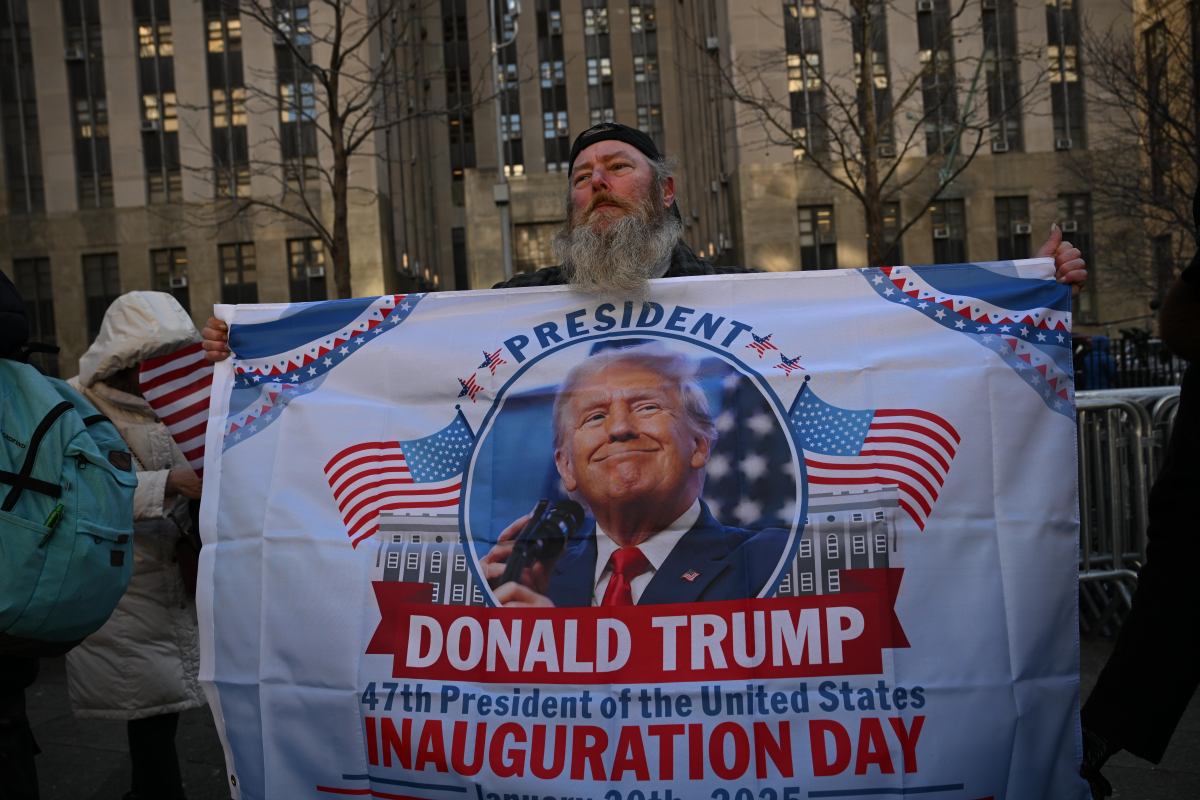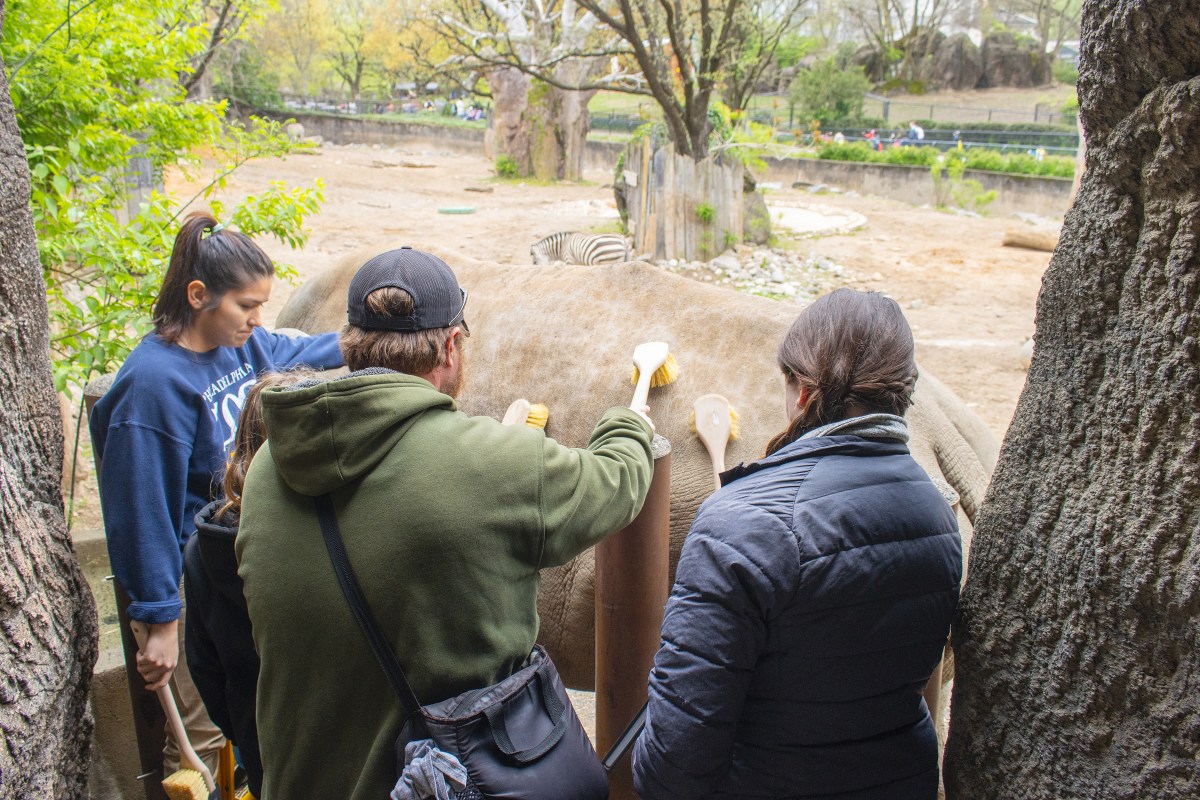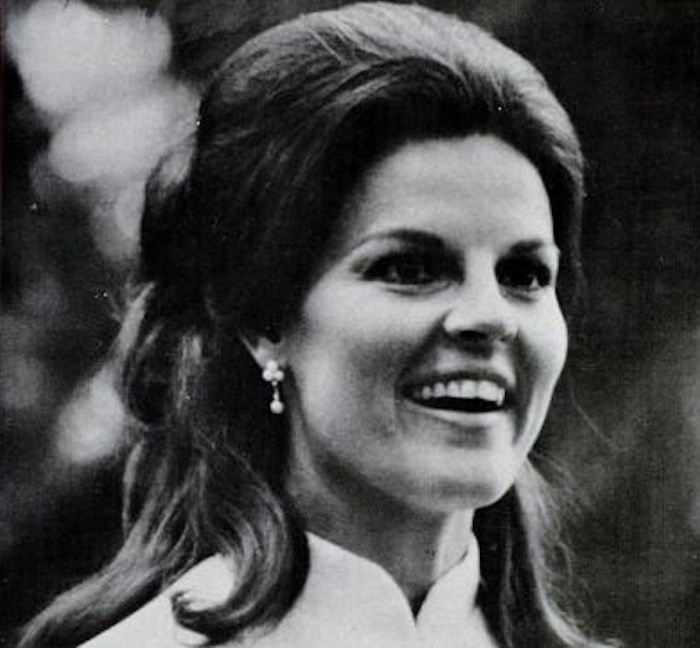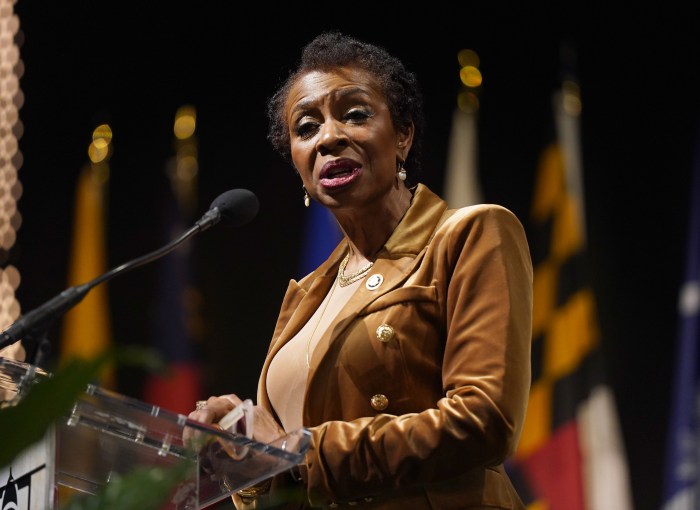LONDON (Reuters) – Britain announced its biggest military spending increase since the Cold War on Thursday, pledging to end the “era of retreat” as it seeks a post-Brexit role in a world Prime Minister Boris Johnson warned was more perilous than for decades.
Johnson said the extra spending reflected the need to upgrade military capabilities even as the COVID-19 pandemic pummels the economy and strains public finances. He outlined plans for a new space command, an artificial intelligence agency and said the navy would be restored as Europe’s most powerful.
Outlining the first conclusions from a big review of foreign policy and defence, he announced an extra 16.5 billion pounds ($22 billion) for the military over the next four years. The defence budget is now just under 42 billion pounds a year.
“The era of cutting our defence budget must end, and it ends now,” Johnson told parliament by video link from his Downing Street office, where he is isolating after contact with someone who tested positive for COVID-19.
“I have done this in the teeth of the pandemic, amid every other demand on our resources, because the defence of the realm and the safety of the British people must come first.”
NEW GLOBAL ROLE
Britain was the main battlefield ally of the United States in Iraq and Afghanistan and, alongside France, the principal military power in the European Union. But its 2016 vote to leave the EU has made its global role uncertain at a time when China is rising and President Donald Trump has cast doubt on U.S. support for traditional allies.
Malcolm Chalmers, deputy director-general at the Royal United Services Institute for Defence and Security Studies think tank, said the funding means Britain will retain its position as a middle-rank military power alongside nations such as France, Germany and Japan, but well behind the United States and China.
“This is the government saying just because we have Brexit it doesn’t mean we are not a strong alliance player and punching above our weight as we have done for decades,” he said.
The military spending announcement comes a week after Johnson promised U.S. President-elect Joe Biden that Britain was determined to remain a valuable military ally.
Christopher Miller, acting U.S. defense secretary in Trump’s outgoing administration, welcomed the extra spending, saying it meant the UK military would “continue to be one of the finest fighting forces in the world.”
The government said the increase will cement Britain’s position as the largest defence spender in Europe and second-largest in NATO.
A national cyberforce will be established alongside the new space command, which will be capable of launching its first rocket by 2022. These and other new projects will create up to 10,000 jobs, the government said.
Britain’s main opposition Labour Party said the increase was long overdue after the ruling Conservative government cut the size of the armed forces by a quarter in the last decade.
The extra funding will raise further concerns about how the government manages its defence and security budget after repeated accusations it allowed costs to spiral for overly-ambitious projects.
When asked about media reports that billions of pounds could be cut from Britain’s foreign aid budget, Johnson said higher defence spending would not come at the expense of aid.
“It bears absolutely no relation to discussions about overseas aid,” he said. “This country is, has been, and will remain one of the biggest contributors to aid on earth.”
(Additional reporting by Elizabeth Piper in London; Editing by Catherine Evans and Nick Tattersall)

